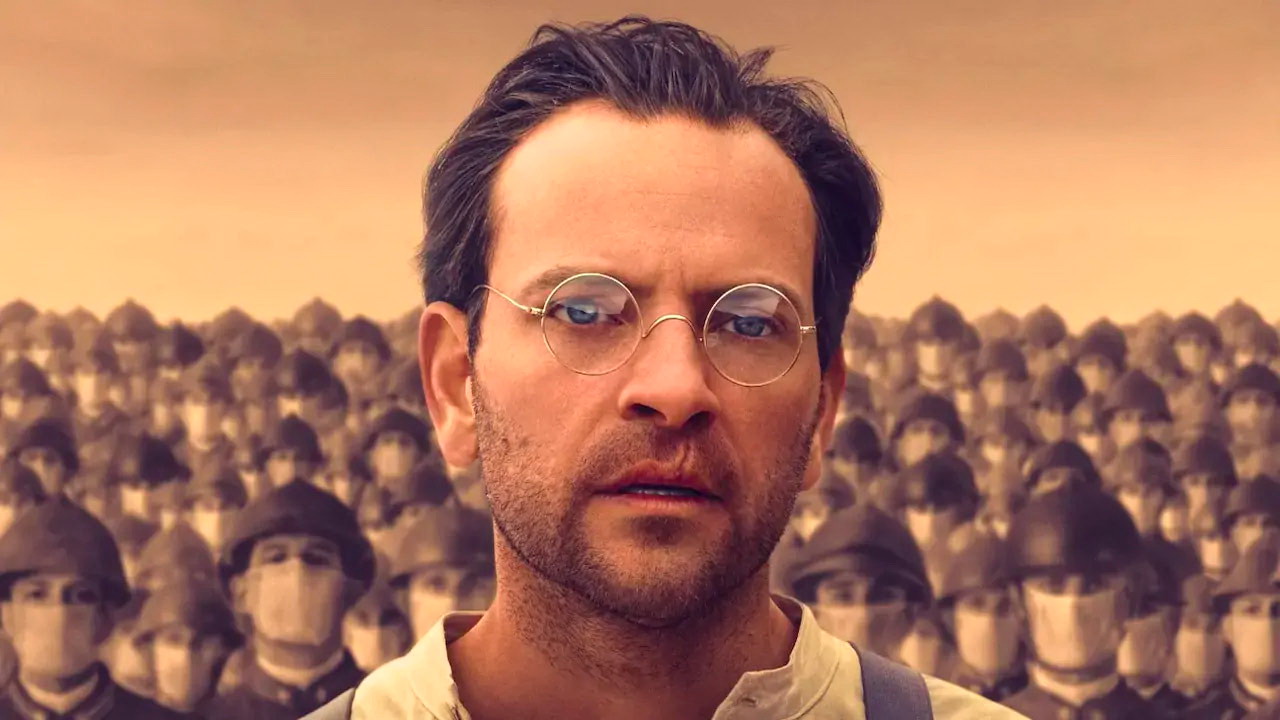"Battlefield": A Disjointed Portrayal of World War I's Harrowing Escapes Set in the waning days of World War I, Italian director Gianni Emilio’
“Battlefield”: A Disjointed Portrayal of World War I’s Harrowing Escapes
Set in the waning days of World War I, Italian director Gianni Emilio’s film Battlefield opens in 1918, capturing a war-torn Italy where young men are summoned to the front lines. However, not all of them possess the patriotic fervor expected of them. A desperate few resort to self-harm—injuring a foot, feigning blindness, or even amputating a limb—to avoid conscription.
The story revolves around two military doctors, Stefano (Gabriel Montesi) and Giulio (Alessandro Borghi), who face the morally complex task of determining which soldiers should remain under hospital care, who should be sent home, who must return to the battlefield, and who should face a court-martial. For those who evade the draft through self-mutilation, the consequences are severe: execution by a firing squad in front of the hospital, a grim deterrent for others considering such desperate measures.
Stefano is resolute in his decisions, unflinchingly sending even those barely fit for duty back to the front. Giulio, while equally stern on the surface, secretly aids some soldiers in evading military service. In one instance, he offers to infect a man with syphilis to save him from the front lines, warning that the disease could cost him his eyesight. Such is the desperation that some soldiers are willing to accept a lethal injection as a way out.
The film introduces a third central character, Nurse Anna (Federica Rossellini), a bright and capable woman who excelled in her exams but was denied a full medical career due to deeply ingrained societal biases. Anna serves as a confidante for Giulio, who is tormented by his actions and the knowledge that his attempts to help may result in severe punishment.
Competing in the official selection of the 81st Venice International Film Festival, Battlefield is, unfortunately, a chaotic film. The script is deeply flawed, with narrative inconsistencies and underdeveloped characters that make the story difficult to follow. The relationships between Anna and the two doctors are overly complicated, leaving the audience unsure of her true loyalties and whether her principles outweigh her professional duties. This ambiguity, rather than being an intentional artistic choice, reflects the script’s weaknesses.
More critically, the film’s central theme shifts abruptly and inexplicably halfway through its 104-minute runtime. Stefano suddenly abandons his focus on soldiers self-harming and turns his attention to the looming Spanish flu pandemic, referred to at the time as “the bacteria.” This shift leaves the film’s identity unclear—whether it’s a narrative about escaping the horrors of war or about the deadly 20th-century pandemic.
The conclusion of the film further compounds its incoherence, with obscure references to a mysterious researcher, some black algae, and an unexplained nod to self-harm.
The flaws are not limited to the script. With the exception of the two main male leads, the acting is subpar. The supporting actors and extras are so conscious of the camera that they nearly break the fourth wall, delivering their lines mechanically. The portrayal of patients’ suffering is almost laughable, although this could be somewhat justified by the fact that some characters are faking or exaggerating their illnesses. However, the overall poor performances are hard to overlook.
Makeup and costumes fare no better. The clothing is unnaturally clean and perfectly pressed, completely out of place in the chaotic wartime setting. The wounds appear more like chocolate smears than genuine injuries.
Ultimately, Battlefield is so poorly executed that it’s nearly impossible for the audience to become immersed in its narrative.
Nabil Alani – Venice film Festival 2024

COMMENTS